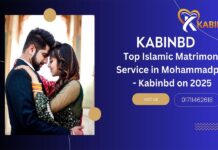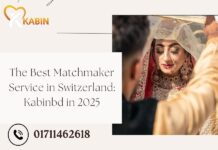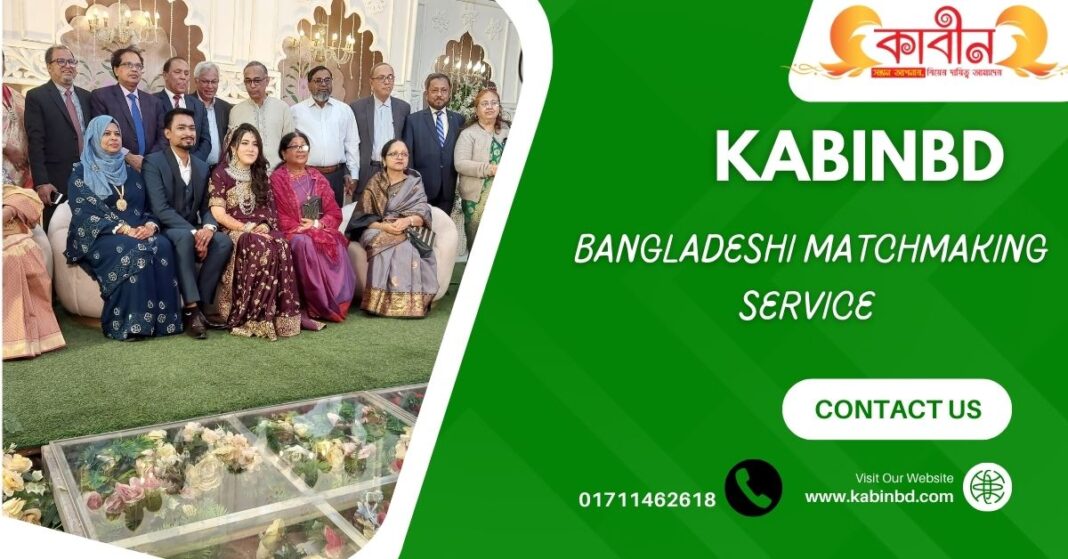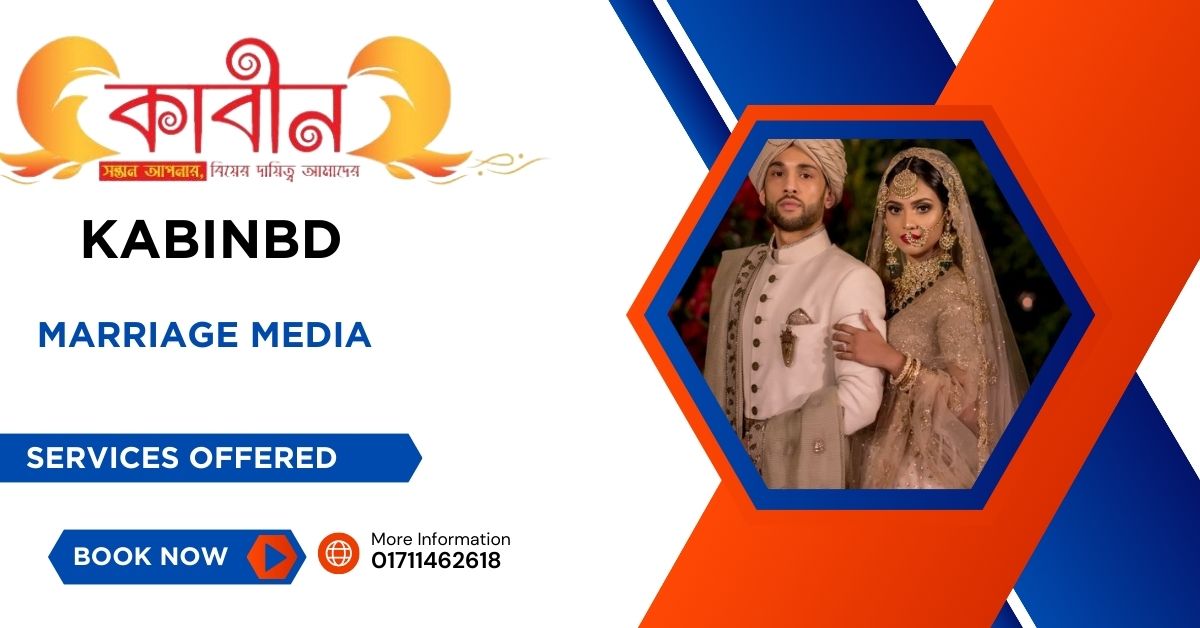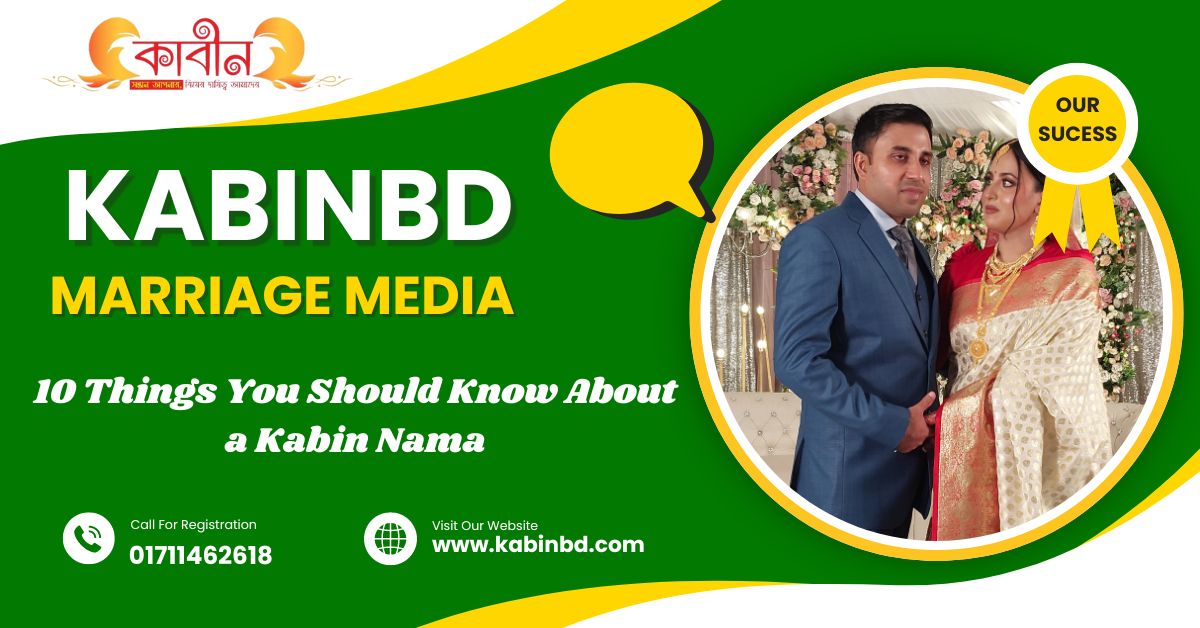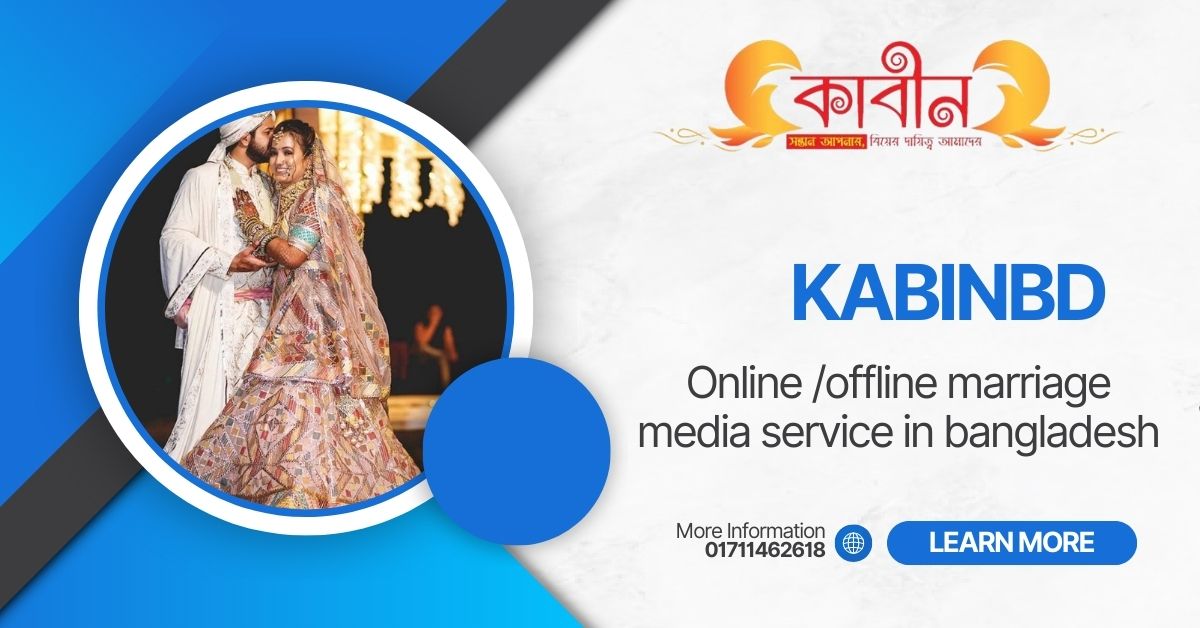Best 5 advantage and disadvantage of arrange marriage 2024
Arranged marriage, a tradition practiced for centuries across various cultures, involves families selecting a spouse for their child. While the concept might seem outdated to some, arranged marriages continue to be prevalent in many parts of the world. Here, we delve into the five biggest advantages and disadvantages of arranged marriages, offering a balanced perspective on this practice.
Advantages of Arranged Marriages
Diving Deeper into the Advantages of Arranged Marriages
Arranged marriages hold a unique place in the world of partnerships. While they might not be for everyone, they offer several potential benefits that can lead to strong and fulfilling unions. Let’s explore these advantages in more detail:
- Increased Focus on Compatibility: Unlike love marriages, which often prioritize initial attraction, arranged marriages take a more holistic approach. Matchmakers or families consider various factors like education, family background, religion, and cultural values to ensure compatibility. This can lead to couples who are well-matched in terms of lifestyle, goals, and long-term aspirations. Imagine two individuals who share a passion for social work being matched together. Their shared values and goals can create a strong foundation for a supportive and fulfilling marriage.
- Enhanced Family Support System: Arranged marriages often come with the built-in advantage of strong family support from both sides. Families can provide invaluable emotional and financial backing to the new couple, easing the transition into married life. This support system can be a major asset, especially for young couples starting out and navigating the challenges of setting up a household or finances.
- Emphasis on Long-Term Stability: Love, while a powerful emotion, can sometimes be fleeting. Arranged marriages, by focusing on shared values and goals, prioritize long-term stability over short-term passion. This focus on building a partnership that can withstand life’s inevitable challenges can contribute to a lasting and fulfilling marriage. Imagine a couple who entered an arranged marriage based on shared values and a strong work ethic. As they navigate career changes, family milestones, and life’s ups and downs, their foundation of compatibility can help them weather the storms.
- Reduced Pressure of Dating: For some individuals, the traditional dating scene can be stressful and overwhelming. Arranged marriages can take the pressure off by streamlining the selection process. Families or matchmakers can help navigate the initial stages of getting to know a potential spouse, which can be particularly beneficial for those who are shy or socially anxious. This allows individuals to focus on building a connection with a compatible partner without the anxieties associated with traditional dating.
- Stronger Sense of Commitment: Entering into an arranged marriage often comes with a stronger sense of commitment from the outset. Couples understand the importance of making the marriage work and may be more willing to invest time and effort in resolving conflicts. This initial commitment can be a positive force, encouraging couples to work through challenges and build a lasting bond.
Remember: These advantages are most likely to be realized when arranged marriages involve a degree of personal choice and open communication. The ideal scenario allows for individuals to meet and get to know their potential spouse before a final decision is made. This fosters trust and understanding before entering into marriage.
Considering Arranged Marriage?

If you’re contemplating an arranged marriage, it’s crucial to have open and honest conversations with your family about your expectations and concerns. It can also be helpful to seek guidance from a therapist or counselor who specializes in cross-cultural relationships. They can provide support and resources to help navigate the process and ensure you make an informed decision.
- Compatibility Based on Shared Values and Goals: Parents or matchmakers often prioritize compatibility when selecting a partner. Factors like education, family background, religion, and cultural values are considered to ensure a strong foundation for the marriage. This approach can lead to couples who are well-matched in terms of lifestyle and life goals, potentially reducing future conflicts.
- Stronger Family Support System: Arranged marriages often come with the built-in support of both families. Families can provide emotional and financial backing to the new couple, easing the transition into married life. This support system can be invaluable, especially for young couples starting out.
- Focus on Long-Term Stability: Arranged marriages often prioritize long-term compatibility over fleeting romantic attraction. The emphasis is on building a partnership that can weather life’s challenges. This focus on stability can contribute to a lasting and fulfilling marriage.
- Reduced Pressure of Dating: Arranged marriages can take the pressure off individuals who struggle with dating. The selection process is streamlined, and families can help navigate the initial stages of getting to know a potential spouse. This can be particularly beneficial for those who are shy or socially anxious.
- Emphasis on Commitment: Entering into an arranged marriage often comes with a stronger sense of commitment from the outset. Couples understand the importance of making the marriage work and may be more willing to invest time and effort in resolving conflicts.
Disadvantages of Arranged Marriage
Unveiling the Potential Drawbacks of Arranged Marriage
While arranged marriages offer unique advantages, they also come with certain challenges. Understanding these potential drawbacks can help you make an informed decision about whether this path is right for you. Here’s a closer look at some of the key disadvantages:
- Lack of Initial Love and Intimacy: Arranged marriages often don’t guarantee romantic love or a strong emotional connection from the start. This can be a significant hurdle for couples, and it may take considerable time and effort to build intimacy and emotional closeness. Imagine a couple who are well-matched on paper but lack that spark of initial attraction. Building a loving relationship can take longer in this scenario, requiring them to create emotional intimacy through shared experiences and open communication.
- Limited Choice and Personal Autonomy: In traditional arranged marriages, individuals often have little to no control over who they marry. This lack of choice can lead to feelings of resentment or unhappiness, especially if the individual has strong preferences for a partner. Imagine someone who values creativity and humor being matched with someone more grounded and traditional. This mismatch in personalities and preferences could create challenges in the long run.
- Pressure to Conform: Arranged marriages can put pressure on couples to conform to societal expectations and family norms. There may be less room for individuality or personal growth within the marriage. While shared values are important, a rigid adherence to tradition can stifle individual expression and lead to a sense of being trapped.
- Potential for Abuse: In some societies with strong patriarchal norms, arranged marriages can be a breeding ground for abuse. Dowry systems, where the bride’s family provides gifts or money to the groom’s family, can lead to exploitation and violence against women. It’s crucial to ensure that consent is freely given and that the marriage is based on mutual respect and equality.
- Difficulty in Communication and Adjustment: Since arranged couples may not know each other well initially, open communication and significant effort are required for them to adjust to married life. This can be a challenging process, especially for couples with different personalities or communication styles. Imagine someone who is introverted being paired with someone very outgoing. Learning how to communicate effectively and navigate their differences can take time and patience.
Important Considerations
- The Evolving Landscape: The concept of arranged marriage is evolving in many cultures. Today, many arranged marriages involve a period of getting to know the potential spouse before a final decision is made. This allows for a degree of personal choice and can help build a foundation of trust and understanding before marriage.
- The Importance of Consent: It’s vital to differentiate between arranged marriages and forced marriages. Arranged marriages should involve the full and free consent of both parties. Individuals should not be pressured or coerced into marrying someone they don’t want to.
By understanding the potential disadvantages, individuals can approach arranged marriages with realistic expectations and be prepared to invest time and effort in building a strong and fulfilling relationship.
- Lack of Initial Love and Intimacy: Arranged marriages don’t guarantee romantic love or a strong emotional connection from the start. This can be a significant hurdle for couples, and it may take time to build intimacy and emotional closeness.
- Limited Choice and Personal Autonomy: Individuals have little or no control over who they marry. This lack of choice can lead to feelings of resentment or unhappiness, especially if the individual has strong preferences for a partner.
- Pressure to Conform: Arranged marriages can put pressure on couples to conform to societal expectations and family norms. There may be less room for individuality or personal growth within the marriage.
- Potential for Abuse: In some cases, arranged marriages can be a breeding ground for abuse, particularly in societies with strong patriarchal norms. Dowry systems, where the bride’s family provides gifts or money to the groom’s family, can lead to exploitation and violence against women.
- Difficulty in Communication and Adjustment: Since arranged couples may not know each other well initially, open communication and significant effort are required for them to adjust to married life. This can be a challenging process, especially for couples with different personalities or communication styles.
The Evolving Landscape of Arranged Marriage
Transactional marriage, a tradition steeped in history, is undergoing a significant transformation in the 21st century. While the core concept of family involvement in partner selection remains, the process is becoming increasingly flexible and adaptable to the desires of the individuals involved. Here’s a closer look at the evolving landscape of arranged marriages:
Shifting Power Dynamics: Traditionally, Transactional marriages were dictated largely by parents or matchmakers, with limited input from the potential couple. Today, there’s a growing emphasis on the preferences and choices of the individuals. Many arranged marriages now involve a period of getting to know the potential spouse before a final decision is made. This “meet-the-candidates” approach allows for a degree of personal choice and fosters open communication before taking the plunge.
The Rise of Online Matching: Technology has significantly impacted the arranged marriage scene. Online matchmaking platforms have emerged as a popular tool for families and individuals to connect with compatible partners. These platforms allow for filtering based on various criteria, such as education, religion, and lifestyle preferences, while still maintaining the element of family involvement in the initial stages.
Focus on Compatibility, Not Just Caste or Religion: While factors like caste and religion continue to hold importance in some cultures, the emphasis is shifting towards a more holistic approach to compatibility. Educational background, shared values, and personality compatibility are gaining greater weight in the matchmaking process. This can lead to stronger and more fulfilling unions built on a foundation of shared interests and goals.
Negotiating Roles and Expectations: Modern Transactional marriages are moving away from a rigid structure towards a more negotiated approach. Couples are openly discussing and setting expectations regarding roles, finances, and household responsibilities within the marriage. This allows for a partnership that reflects the couple’s individual needs and aspirations, fostering a sense of equality and mutual respect.
Challenges and Considerations: Despite the positive changes, challenges remain. There can still be pressure to conform to societal expectations, and cultural norms can vary greatly. It’s crucial for individuals to be clear about their own desires and boundaries when entering into an arranged marriage. Open communication with families and potential partners is essential to ensure a successful outcome.
The Future of Arranged Marriage: As societies continue to evolve, so too will the practice of Transactional marriage. The future likely holds a space for a more nuanced approach, where tradition and individual choice coexist. Transactional marriages may become a way for families to facilitate introductions and provide support, while ultimately empowering individuals to make informed decisions about their life partners.
The evolving landscape of Transactional marriage offers a glimpse into a practice adapting to the changing times. With a focus on compatibility, open communication, and individual choice, arranged marriages can continue to be a viable path to love and lasting partnerships for many people around the world.
The concept of Transactional marriage is evolving in many cultures. Today, many arranged marriages involve a period of getting to know the potential spouse before a final decision is made. This allows for a degree of personal choice and can help build a foundation of trust and understanding before marriage. Additionally, Transactional marriages are becoming less rigid, with couples having more freedom to negotiate roles and expectations within the marriage.
The Choice Ultimately Lies With You
The decision of whether to enter into an Transactional marriage is a personal one. There are valid arguments to be made on both sides. It’s important to weigh the potential advantages and disadvantages carefully, considering your cultural background, personal values, and desired level of autonomy in a relationship.
Additional Considerations
- Communication is Key: Regardless of whether a marriage is arranged or a love match, open and honest communication is essential for success. Couples in arranged marriages should prioritize getting to know each other and openly discuss their expectations and concerns before and after marriage.
- Importance of Consent: It’s crucial to differentiate between Transactional marriage and forced marriages. Transactional marriages should involve the full consent of both parties. Individuals should not be pressured or coerced into marrying someone they don’t want to.
- Seeking Professional Help: If you’re considering an Transactional marriage, it can be helpful to seek guidance from a therapist or counselor who specializes in cross-cultural relationships. They can provide support and resources to help navigate the process.
Ultimately, a successful marriage, whether arranged or a love match, requires commitment, effort, and open communication. By understanding the potential advantages and disadvantages of arranged marriages, individuals can make informed decisions about their own path to love and partnership.
আপনি যদি বিয়ের ব্যাপারে সিরিয়াস হয়ে থাকেন তবে
লিংকে ক্লিক করে ফ্রী রেজিষ্ট্রেশন করুন
অথবা বিস্তারিত জানতেঃ
Gmail:kabinbd4@gmail.com
01711462618 এ কল করুন ২৪/৭ সার্ভিস
